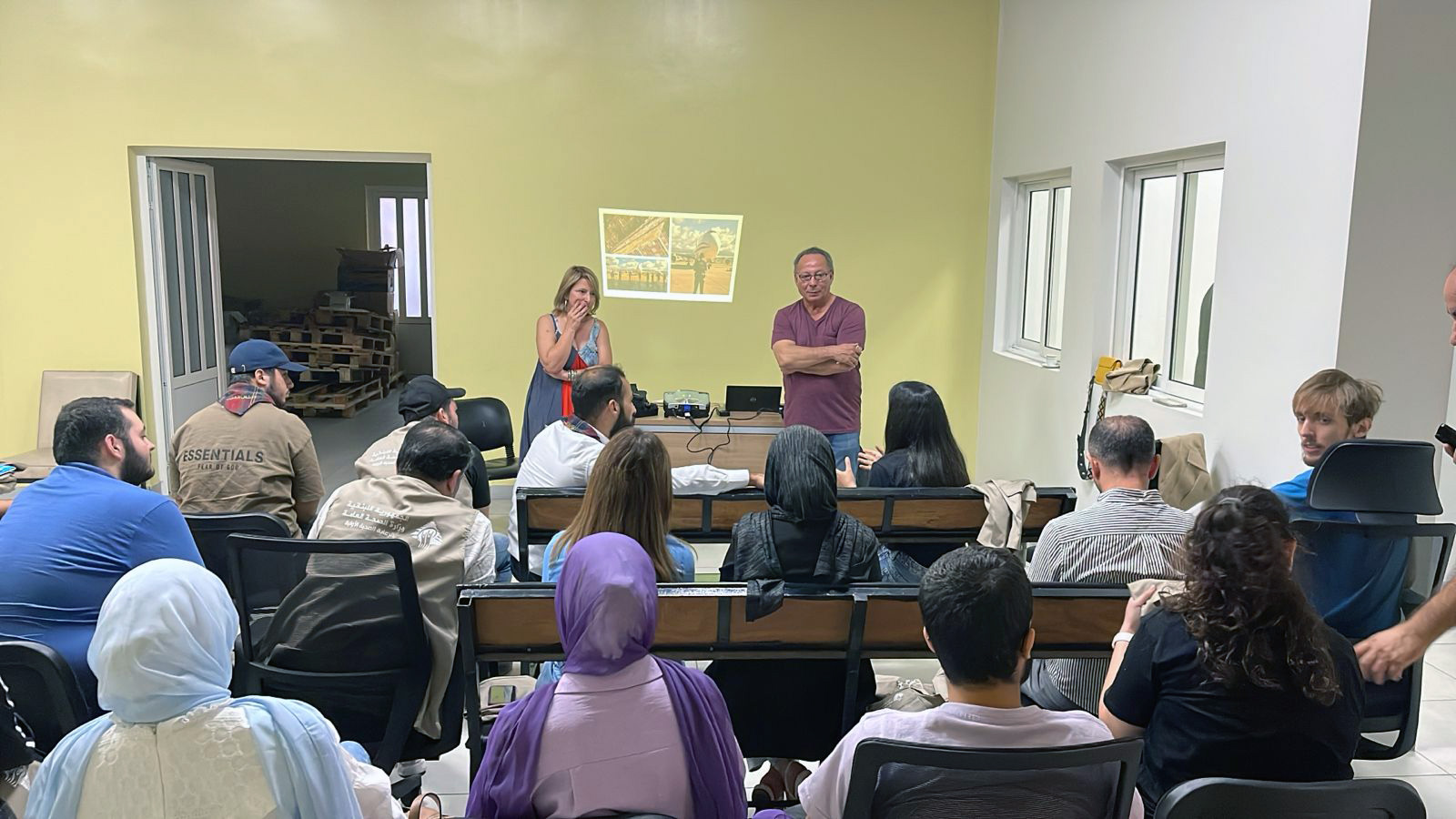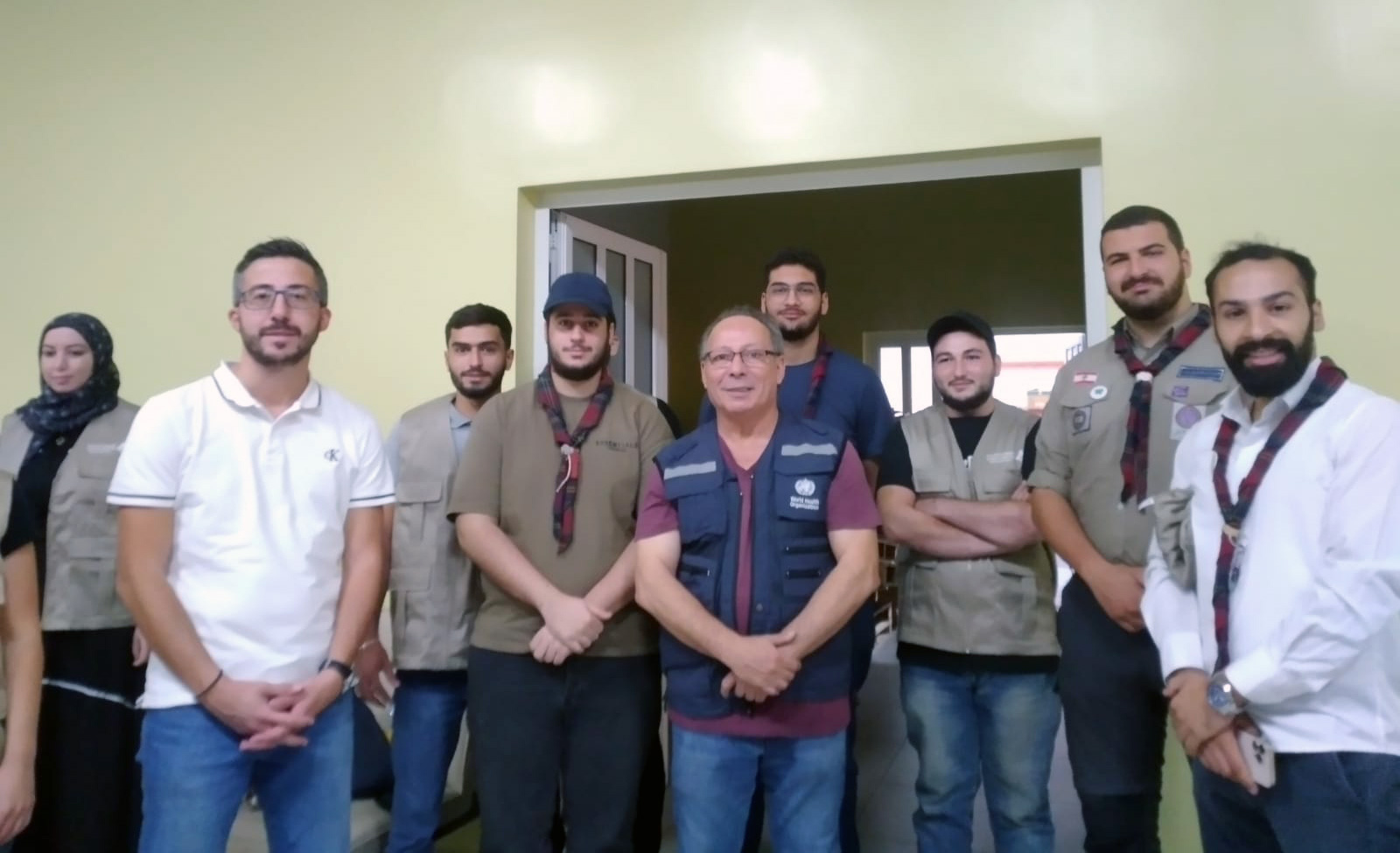Within a context marked by increasing hostility and uncertainty, these resources bring a renewed hope for health and recovery. This in turn necessitates ensuring the supply chain runs as smoothly as possible through streamlining the process to minimize errors.
The WHO training focused on several key areas: monitoring stock levels, analyzing inventory data, and optimizing storage space and reporting. Participants learned how to effectively manage stock movement by implementing clear identification of different working zones within the warehouse. This strategic approach is essential in limiting the accumulation of expired or excess stock, thereby ensuring smooth and timely operations.

Another significant component of the training was dedicated to understanding WHO emergency kits—their contents, structure, and how to read them effectively. This knowledge empowers warehouse teams to manage WHO stocks more effectively.
Initially, the training was set to accommodate 12 participants. However, the response exceeded expectations, with a final attendance of 27 individuals, including enthusiastic volunteers from the Boy Scouts of Lebanon. These volunteers have been actively supporting warehouse operations for over three weeks, demonstrating their commitment to responding to the mounting needs in Lebanon.
The collaborative spirit displayed during the training highlighted the importance of partnership in emergency response. Participants engaged actively, sharing insights and experiences that enriched the learning environment. The presence of the Boy Scouts underscored the role of community involvement in strengthening health systems at all levels including logistics and supplies management.
Equipped with new skills and knowledge, warehouse teams are now better positioned to manage supplies effectively, reducing waste and improving operational efficiency. This enhanced capacity is crucial in the ongoing effort to deliver timely healthcare to those affected by crises in Lebanon.









